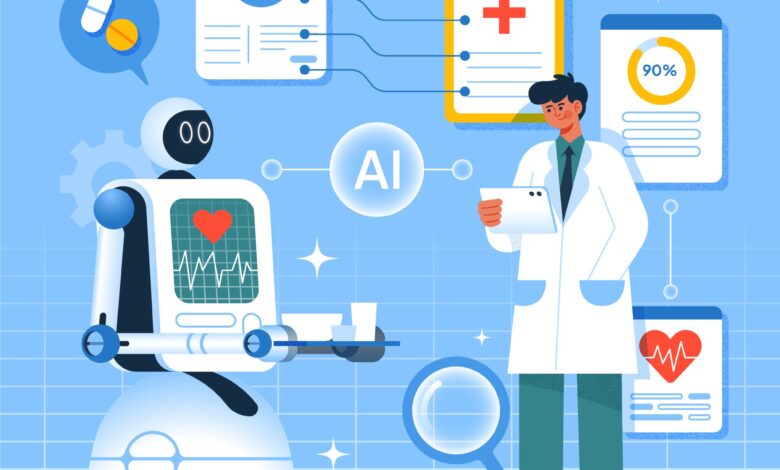How Generative AI is Revolutionizing Clinical Trial Processes

Generative AI is poised to transform how clinical trials are conducted, enhancing efficiency and precision. Rune Bergendorff, a partner at Implement Consulting Group, shares his expertise on the benefits and challenges of integrating this technology into clinical research.
The Potential of Generative AI
When asked if clinical trials can benefit from generative AI, Bergendorff is emphatic: “All clinical trials can benefit from it.” With experience supporting pharmaceutical companies across Europe and the U.S., he has seen firsthand how tools like ChatGPT and Microsoft Copilot can streamline processes. At the recent DIA Global Annual Meeting, he discussed practical applications for clinical trials, including:
- Identifying other trials recruiting the same patient population
- Reducing operational costs
- Assessing risks more effectively
- Accelerating endpoint achievement
Improving Trial Design
Generative AI can significantly enhance clinical trial design by improving both efficiency and accuracy. Bergendorff notes that the key lies in identifying where AI can add value and how to ask the right questions. “The possibilities are endless,” he says, emphasizing the need for precise prompts to yield accurate responses. For instance, asking an AI to list relevant recruiting trials in seconds is a game-changer.
Effective Prompting Techniques
To get the best results from generative AI, organizations should invest in training focused on identifying suitable use cases and prompt engineering. Creating a library of effective prompts can streamline this process, allowing teams to share successful examples and achieve consistent results. The more context you provide in your prompts—such as the trial phase or company type—the better the AI’s response.
Risks and Limitations
While generative AI offers many advantages, there are notable risks to consider:
- Privacy and Security: It’s crucial to avoid using public AI platforms for sensitive clinical information. A private instance of generative AI should be implemented for secure data handling.
- Accuracy: AI can sometimes produce misleading information. For example, when asked to summarize an event that hasn’t happened yet, the AI generated a convincing but false narrative.
- Bias: AI systems can reflect societal biases. For instance, when generating images of leadership, AI has been known to produce results that lack diversity, highlighting the importance of ethical considerations in AI applications.
- Data Ethics: Concerns arise about how AI systems utilize and remember data. Ensuring ethical practices in data handling is essential, especially when working with private information.
Implementing Generative AI
Bergendorff emphasizes that the technical aspects of implementing generative AI are manageable. The real challenge lies in fostering a culture of understanding and collaboration among teams. Organizations should start with basic AI tools before expanding their capabilities.
The Human Element
Ultimately, the human element remains critical in the deployment of generative AI. Verification of AI-generated information is essential, as it acts as an accelerator for human capabilities rather than a replacement. Bergendorff notes that while AI can highlight potential risks, it is up to professionals to evaluate the information and make informed decisions.
Take-Home Points
- Universal Benefit: All clinical trials can leverage generative AI to enhance processes.
- Effective Prompting: Training in prompt engineering can significantly improve AI responses.
- Awareness of Risks: Privacy, accuracy, bias, and ethical data handling are crucial considerations.
- Cultural Shift: Implementing generative AI requires collaboration and understanding across teams.
- Human Oversight: Professionals must verify AI outputs to ensure accurate and responsible decision-making.
By embracing generative AI thoughtfully, clinical trial organizations can streamline operations, reduce costs, and improve patient outcomes while navigating the inherent challenges.
Source: https://www.biospace.com/career-advice/how-is-generative-ai-transforming-clinical-trial-work





